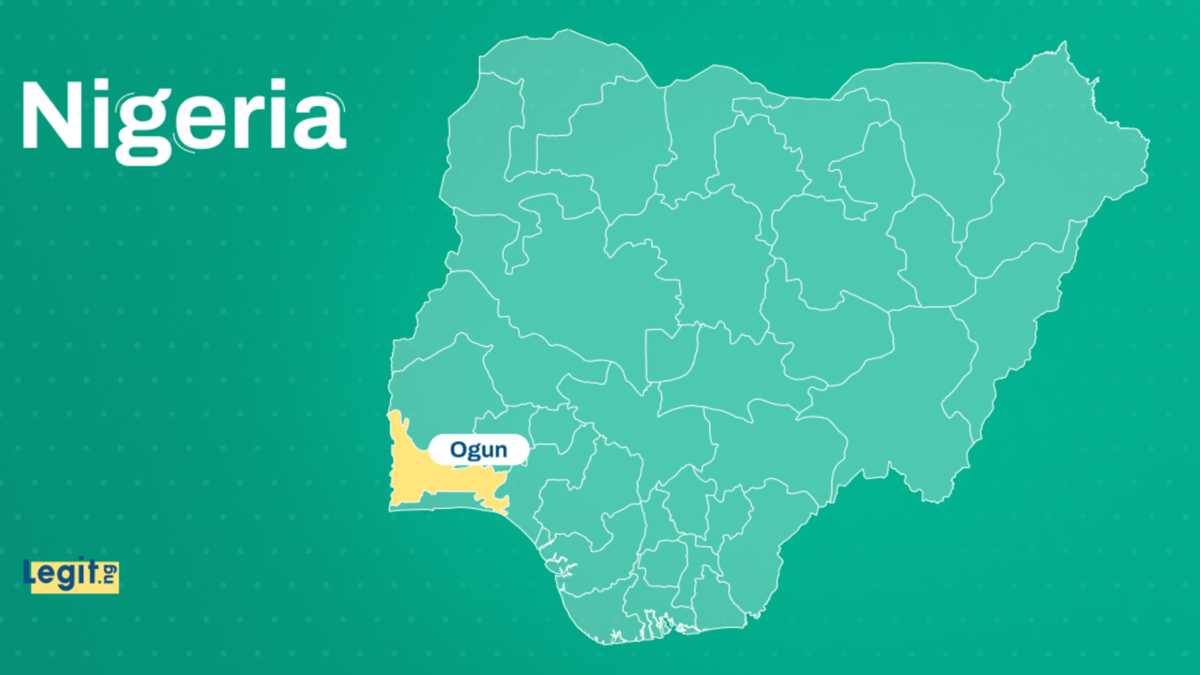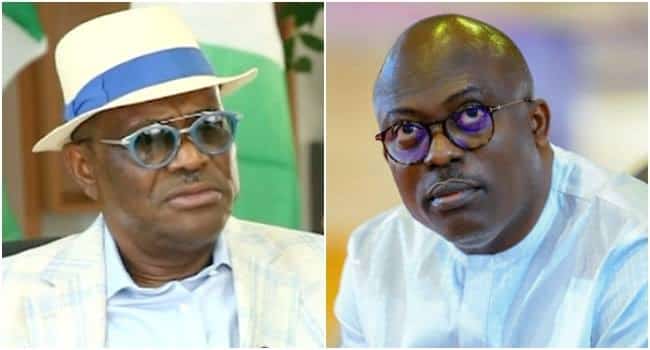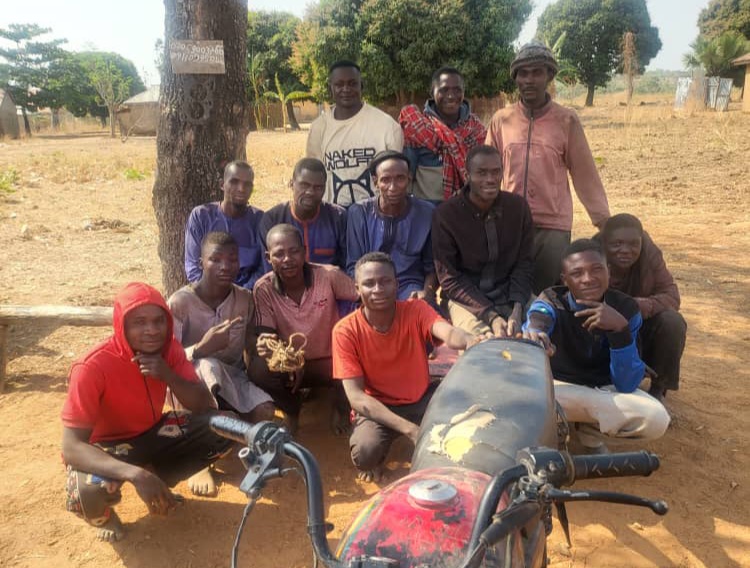Despite being regarded as the “bride of the world” due to its abundant natural resources critical for driving global energy transition, Africa continues to lag, largely because it operates within a framework of rules designed by others.
A frank exchange about the continent’s economic development strategy and the historical context of Africa’s division under European powers, culminating in modern challenges, was held at the first anniversary of the Africa Mineral Strategy Group (AMSG), at the recently concluded Future Minerals Forum 2025 in Riyadh, Saudi Arabia.
While anniversaries often evoke images of celebration and festivity, this occasion took on a more meaningful tone, serving as a vital platform for African leaders to engage in candid discussions about the continent’s mining sector and the stark paradox of its vast mineral wealth contrasted with the persistent underdevelopment and inequality experienced by its people.
The Chairman of the group, Dele Alake, who is Nigeria’s Minister of Mines and Steel Development, emphasised the need for the industry leaders to come together to fight their common challenges of poverty, ignorance, and under-development in all its ramifications.
He said: “As we all know, the world is moving away from fossil fuels into green energy. The transition must not take us unaware. More important is the fact that the elements needed to power this transition, or to even power the green energy, are in Africa. So whether we like it or not, Africa is the bride of the world.
“However, this body is very significant to ensure that Africa, being a bride, is not going to be bastardised again. Africa has been bastardised for centuries. If you know history, you see the trajectory of Africa. It’s been very sad. We evolved from slavery to colonialism, to neo-colonialism, to imperialism, and now to economic subjugation.
“We cannot continue to lament that Africa is poor while ignoring the fact that, in reality, Africa is the richest continent in terms of resources. If Europe, the Western world, or other developed societies had the fortune of
being situated in Africa, the rest of the world would undoubtedly be gravitating toward this continent,” Mr Alake charged.
Nigerians need credible journalism. Help us report it.
Support journalism driven by facts, created by Nigerians for Nigerians. Our thorough, researched reporting relies on the support of readers like you.
Help us maintain free and accessible news for all with a small donation.
Every contribution guarantees that we can keep delivering important stories —no paywalls, just quality journalism.
Unified Industry
Africa’s vast mineral wealth has long been a driving force behind global industries, with its rich deposits of minerals like lithium, manganese, cobalt, graphite, copper and gold, being highly prized by international markets.
However, despite this mineral wealth, many African communities remain mired in poverty, with the benefits of mineral extraction often failing to trickle down to local populations. This glaring disparity has sparked urgent calls for a more equitable distribution of wealth and a rethink of the continent’s mining sector.
Just like Mr Alake, Gabon’s Minister of Industry and Mines, Régis Tatagani, in a strong and assertive tone at the anniversary, endorsed the transformative approach, noting that the continent has been exploited for too long.
His speech highlighted examples from countries like China and South Korea that adopted tailored strategies rather than adhering to traditional Western models and called for urgent action to improve the future of
Africa’s young population, advocating a shift from mere resource extraction to value creation with ambitious growth targets of over 20 per cent.
The minister explained the importance of collaboration among African countries to harness collective strengths and address common challenges, exemplified by potential joint ventures like a unified steel industry.
According to him: “Guinea and Gabon share similarities, particularly in their abundant iron reserves. While it may seem like we are competitors, I’d argue that we’re not. Instead, I’m leveraging Gabon’s experiences and advancements in iron production over the past decade to accelerate our development. This collaboration enables me to fast-track our progress, achieving in a shorter timeframe what would have taken 15-20 years.
“What’s fascinating is that each of our countries brings unique resources to the table. Gabon has manganese, Guinea has iron, Nigeria has gas, and Congo has carbon. By combining these elements, we can create a thriving
steel industry. The key components of steel production – carbon, manganese, power, energy, and iron – are all present in our region.
“However, the challenge lies in our tendency to work in isolation. Rather than collaborating and sharing resources, each country often attempts to develop its steel industry independently,” he stressed.
Lack of Financial and Technological Resources
The critical role of financing in driving development was a recurring theme in the ministers’ discussions. Highlighting this, the Minister of the Republic of Guinea, Bouna Sylla, called on African banks to transition from traditional retail banking to investment banking to unlock the full potential of the continent’s mining value chain.
In his speech, he recalled once asking a British CEO “why he came to Africa to raise funds. He (the British CEO) explained that it’s easier and cheaper for him because he has strong relationships with his bank, and the risk is lower. He mentioned institutions like the Africa Finance Corporation and major banks like UBA and Zenith Bank in Nigeria.
“This made me wonder: why don’t more African banks transition from traditional retail banking to investment banking? This seems to be the next big challenge. We need to encourage African banks and investors to invest
in the mining sector, enabling us to develop the entire value chain within the continent.
“Financing is a critical issue for Africa’s development, and it’s something we need to address urgently as we plan for the future. By next June, we should have actionable strategies to strengthen African financing systems for sectors like mining,” Mr Sylla said.
Beyond financing, technological deficit has also been identified as a major issue bedevilling the sector. While the continent has human capacity, technology has hindered its development, according to Mr Alake.
“I believe that within our community, we have an abundance of intelligent individuals and experts across various fields. This means that human capacity is not our challenge—we have it in abundance. What we lack, however, is technological capacity.
“Around the world, Africans are excelling in leading technological institutions. For instance, many years ago, a Nigerian held a prominent position at the Kennedy Space Center in the United States. This demonstrates that our people have the expertise; the issue lies in the lack of technological infrastructure and resources on the continent.
“It is imperative that we find ways to bring this technological capacity back to Africa. The real task before us is to discuss, develop, and implement the necessary modalities to translate these ideas into reality. It’s time to turn potential into progress,” Mr Alake emphasised.
Support PREMIUM TIMES' journalism of integrity and credibility
At Premium Times, we firmly believe in the importance of high-quality journalism. Recognizing that not everyone can afford costly news subscriptions, we are dedicated to delivering meticulously researched, fact-checked news that remains freely accessible to all.
Whether you turn to Premium Times for daily updates, in-depth investigations into pressing national issues, or entertaining trending stories, we value your readership.
It’s essential to acknowledge that news production incurs expenses, and we take pride in never placing our stories behind a prohibitive paywall.
Would you consider supporting us with a modest contribution on a monthly basis to help maintain our commitment to free, accessible news?
TEXT AD: Call Willie - +2348098788999
















 English (US) ·
English (US) ·